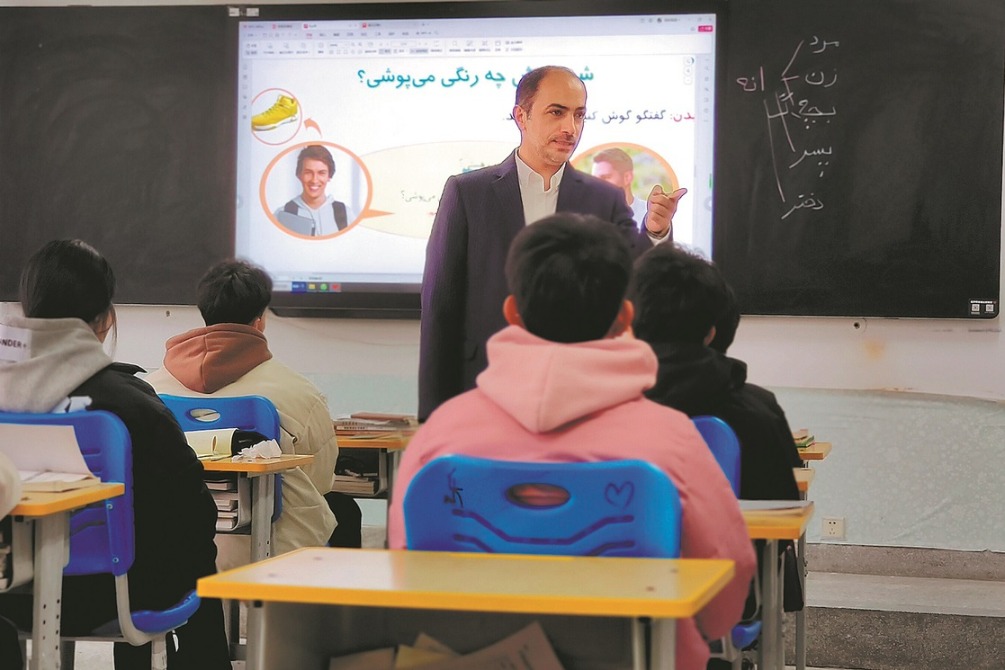Malawi destroys thousands of expired vaccines
By Otiato Opali in Nairobi, Kenya | chinadaily.com.cn | Updated: 2021-05-20 20:11

Health authorities in Malawi on Wednesday destroyed 19,610 doses of expired AstraZeneca COVID-19 vaccines in a publicized event aimed at reassuring the public that the vaccines they get are safe. The move came just days after WHO Africa on May 17 issued clarification and guidance on the issue of expiry dates of COVID-19 vaccines in general, and specifically on AstraZeneca vaccine doses.
After attending the incineration of the expired doses at Kamuzu Central Hospital in Lilongwe, Khumbize Kandodo Chiponda, Malawi's health minister, said that if the government does not burn the expired vaccines, people will think they are using expired doses and avoid getting vaccinated in future.
"We are destroying these vaccines because as government policy no expired health commodities are to be used. Historically under the expanded immunization program of Malawi no expired vaccine has ever been used," Chiponda said.
"We also are destroying publicly in order to stay accountable to Malawians. The vaccines that expired are not being used during the vaccination campaign. On behalf of the government, I assure all Malawians that no one will be given an expired COVID-19 vaccine," she added.
The health minister also said that Malawi still has adequate stocks of COVID-19 vaccines in public and private health facilities and urged everyone over 18 years old to get a jab.
In its advisory on May 17, WHO Africa said that any vaccine that has passed its expiry date, including the AstraZeneca vaccine, should not be administered.
"While discarding vaccines is deeply regrettable in the context of any immunization program, WHO recommends that these expired doses should be removed from the distribution chain and safely disposed," WHO said in the statement.
However, the health body clarified that the expiry only affects the vaccine's potency and not safety.
"The shelf life of a vaccine is a reflection of how long the vaccine retains its potency and stability at a given storage temperature and therefore its effectiveness. The shelf life is used to establish the expiry date of each batch of the vaccine product. Expiry dates do not affect the safety of the vaccine, rather are related to the potency or amount of protection the vaccine gives," WHO said.
Despite many African countries having challenges in acquiring enough COVID-19 doses, some have thousands of expired doses which will end up being destroyed. In South Sudan, the government is looking to dispose almost 60,000 expired doses of the AstraZeneca vaccine. This is because the rollout of the drugs is hampered by skepticism among the population according to government officials.
Last month, the United Nations Children's agency UNICEF said it will redistribute more than one million doses of AstraZeneca vaccines meant for the Democratic Republic of Congo in order to have them administered before their expiry date. The agency said it will distribute about 1.3 million doses out of the 1.7 million doses to other counties including Ghana, Comoros, Senegal and Angola.
In the DRC, vaccination operations against COVID-19 have been slowing down since the official launch of the campaign on April 19. Ministry of Health statistics indicate that in the first week, only 1,700 people had received the first dose.
UNICEF had earlier indicated that the vaccines distributed to African countries under the global COVAX initiative will expire on June 24.
























